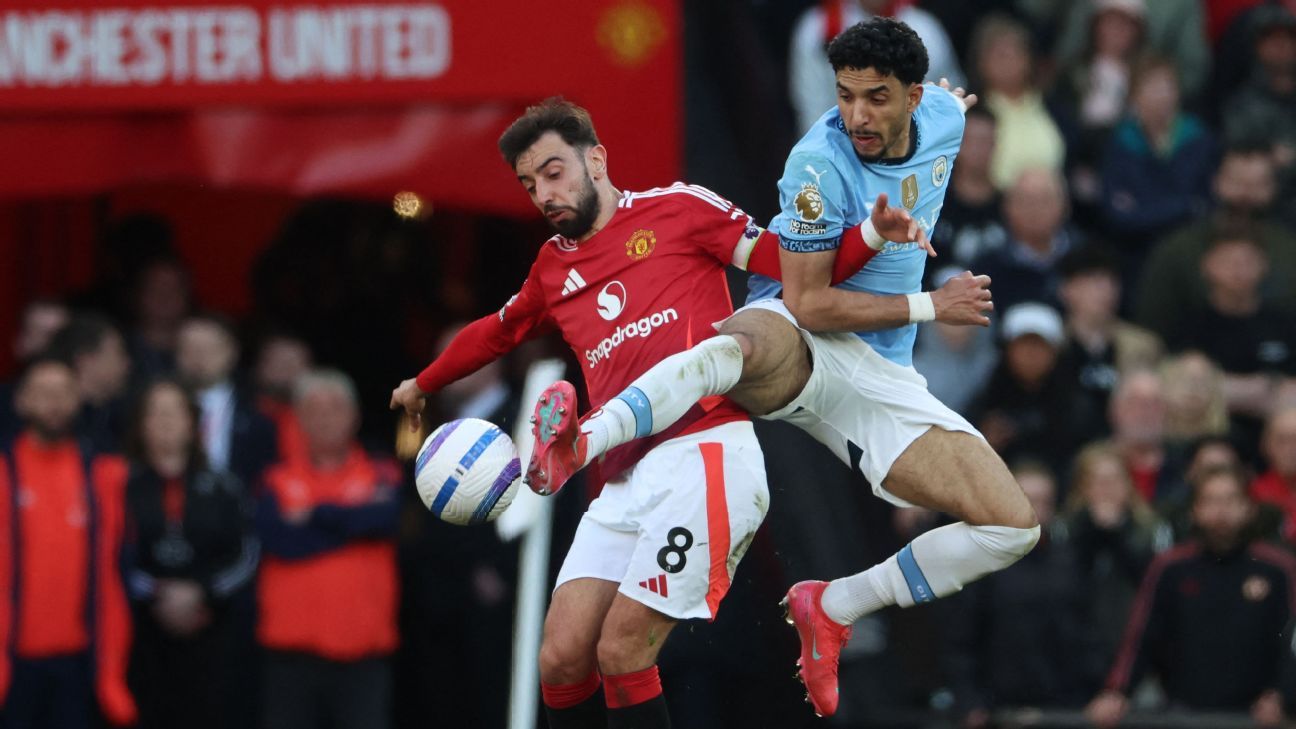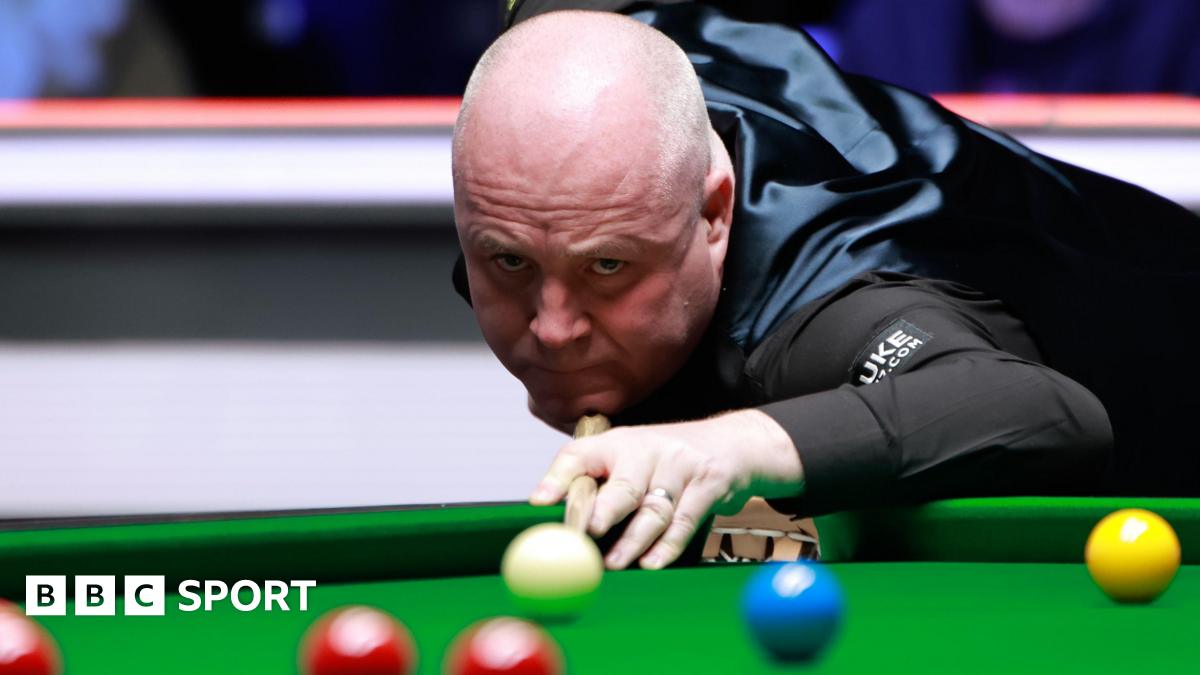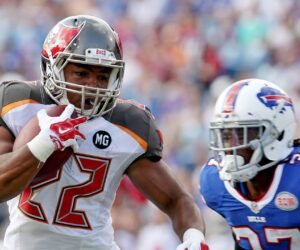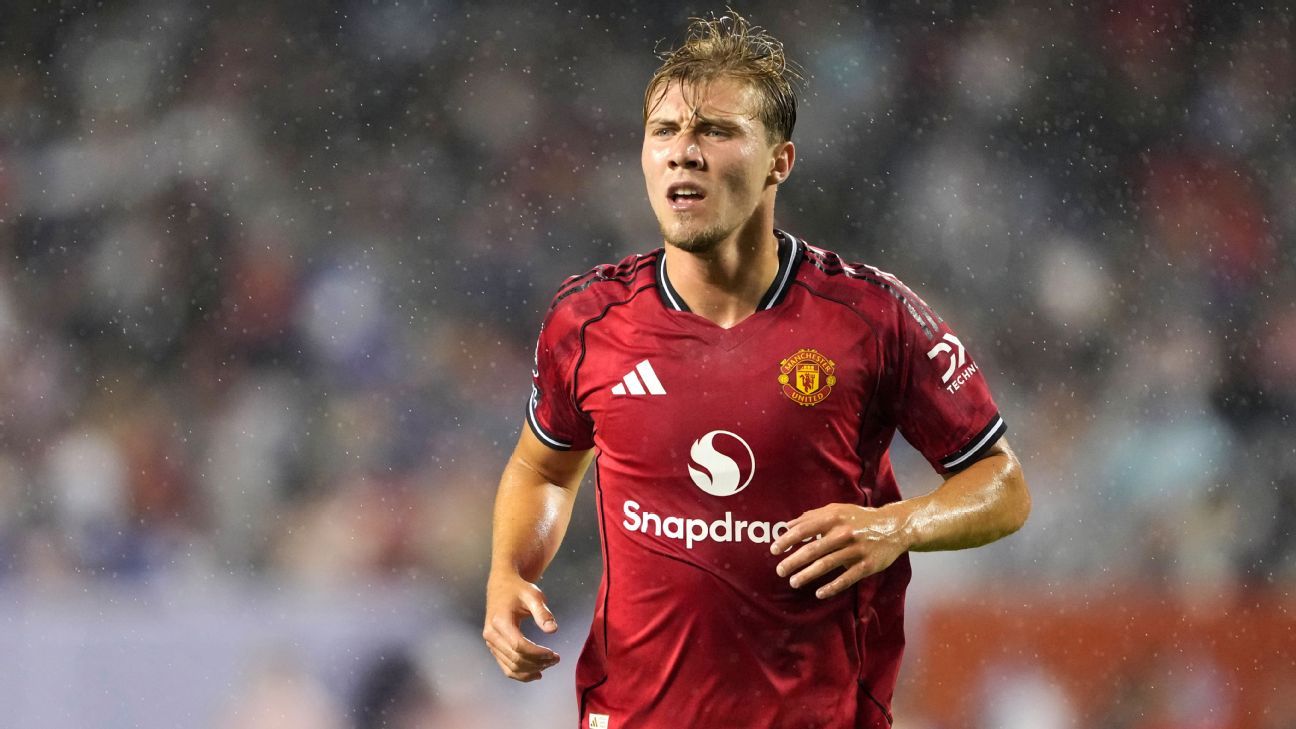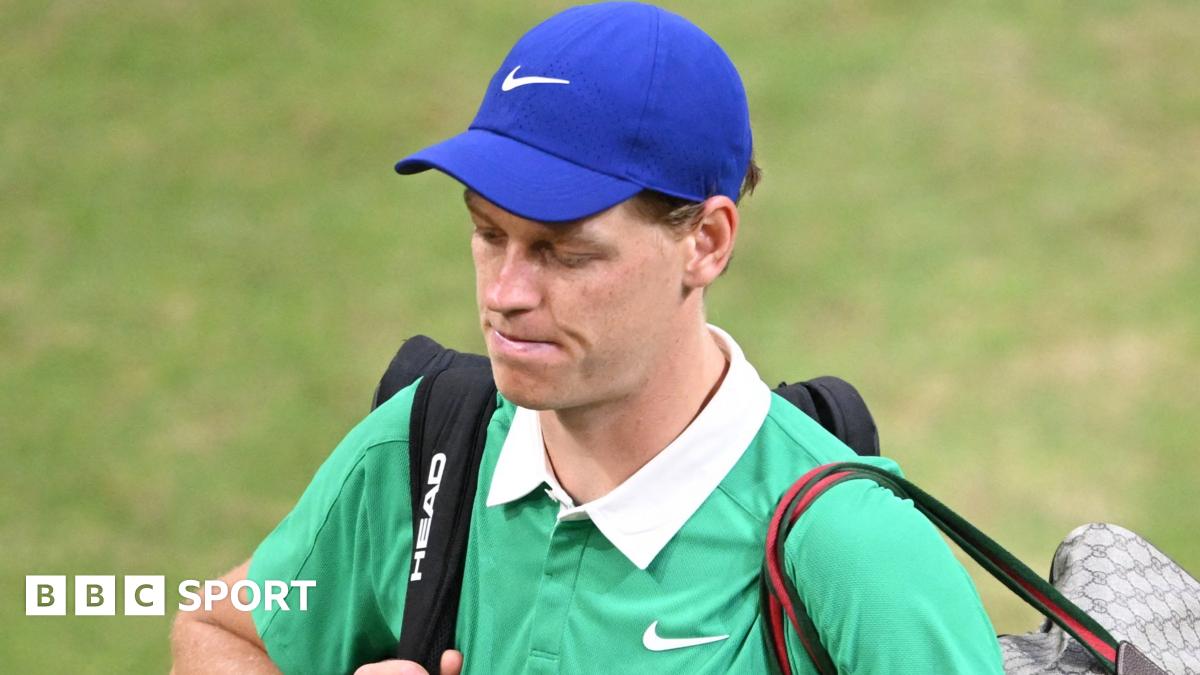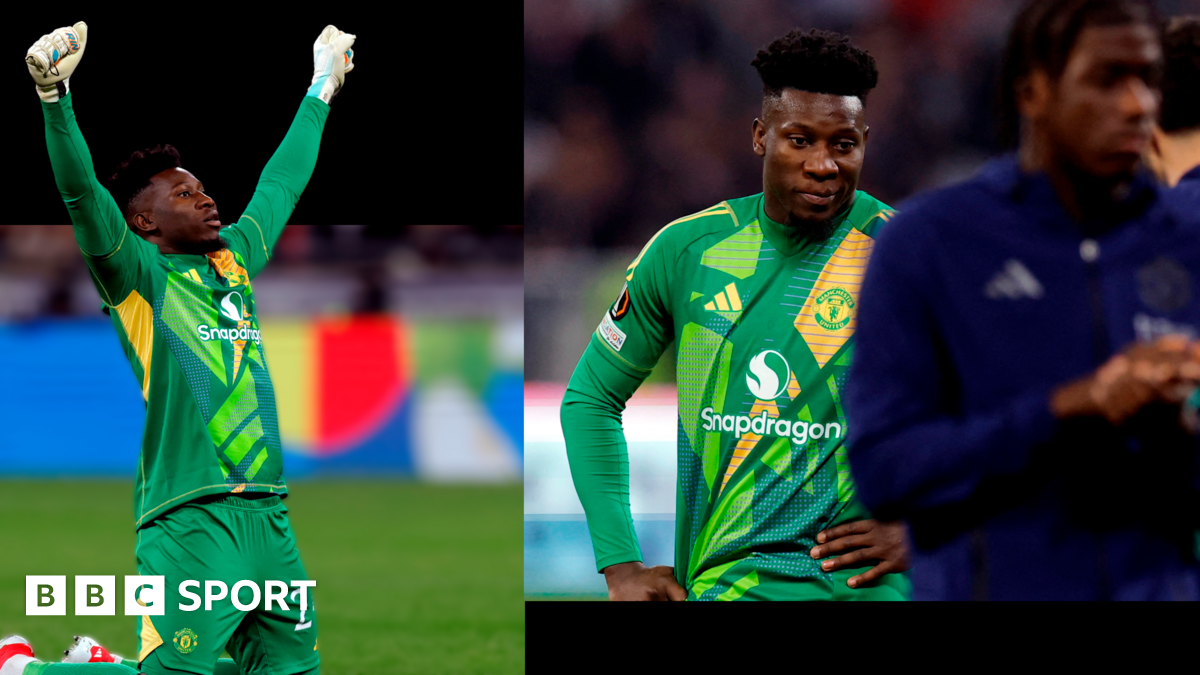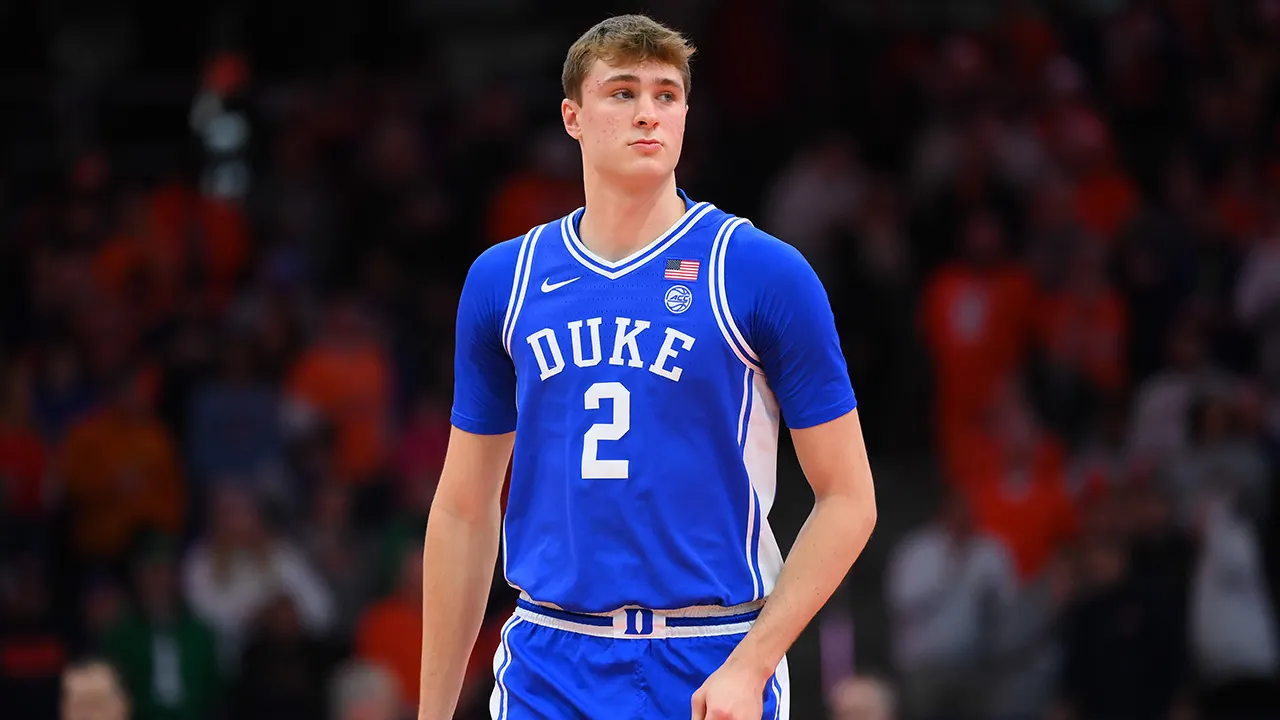How are things going at Manchester United?
Here’s the first sentence of a piece written by ESPN’s Rob Dawson two weeks ago: “Ruben Amorim says he is planning to remain as Manchester United manager, but he has admitted he cannot guarantee he will still be in the job after the international break.”
He’s still in the job — thanks, perhaps, to a 97th-minute penalty from Bruno Fernandes to secure a 3-2 win … over Burnley … at Old Trafford. Yes, so bleak are the vibes that a last-second home victory over the projected worst team in the league is viewed as a potential turning point.
There was Amorim’s tactics board becoming a meme in the Carabao Cup shootout loss to fourth-tier Grimsby Town. There was the opening week loss to an Arsenal side that never got out of first gear and barely even turned on the ignition. There was the 1-1 draw with Fulham thanks to a Rodrigo Muniz own goal. There, still, have been zero Premier League starts for €76.5-million signing Benjamin Sesko.
And yet, if you look at the Premier League table, you’ll notice that Manchester United aren’t even the worst team in their own city. No, they’ve got four points from three matches.
Manchester City? They’ve lost two out of three — something an eventual Premier League winner has done only once in the history of the league.
After missing almost all of last season to a torn ACL, reigning Ballon d’Or winner Rodri is back for Man City — and he’s saying stuff like this: “I’m not Messi. I’m not going to come back and just make the team win and win and win.”
When the two Manchester sides met back in April, they produced one of the worst games of last season: a scoreless draw in which City didn’t attempt a shot over the final 20 minutes and neither team created a single dangerous chance. While this Sunday’s match at the Etihad shouldn’t be as uncompetitive as that one, the schedule is catching the two sides at their lowest collective point since the Abu Dhabi takeover of City back in 2008.
So, ahead of what might be the worst Manchester derby in recent memory, let’s take a look at how we got here and why one side of the city might be closer to turning it around than the other.
– Top 50 most expensive transfers this summer by true cost
– Worst 2025 summer transfers, from Cunha to Isak
– Why Man United’s best player might be their biggest flaw
A brief, recent history of Manchester City and Manchester United
Everything you need to know is somewhere in this chart, which sketches out the points-per-game averages for both Manchester clubs over every 10-month stretch since 2008:
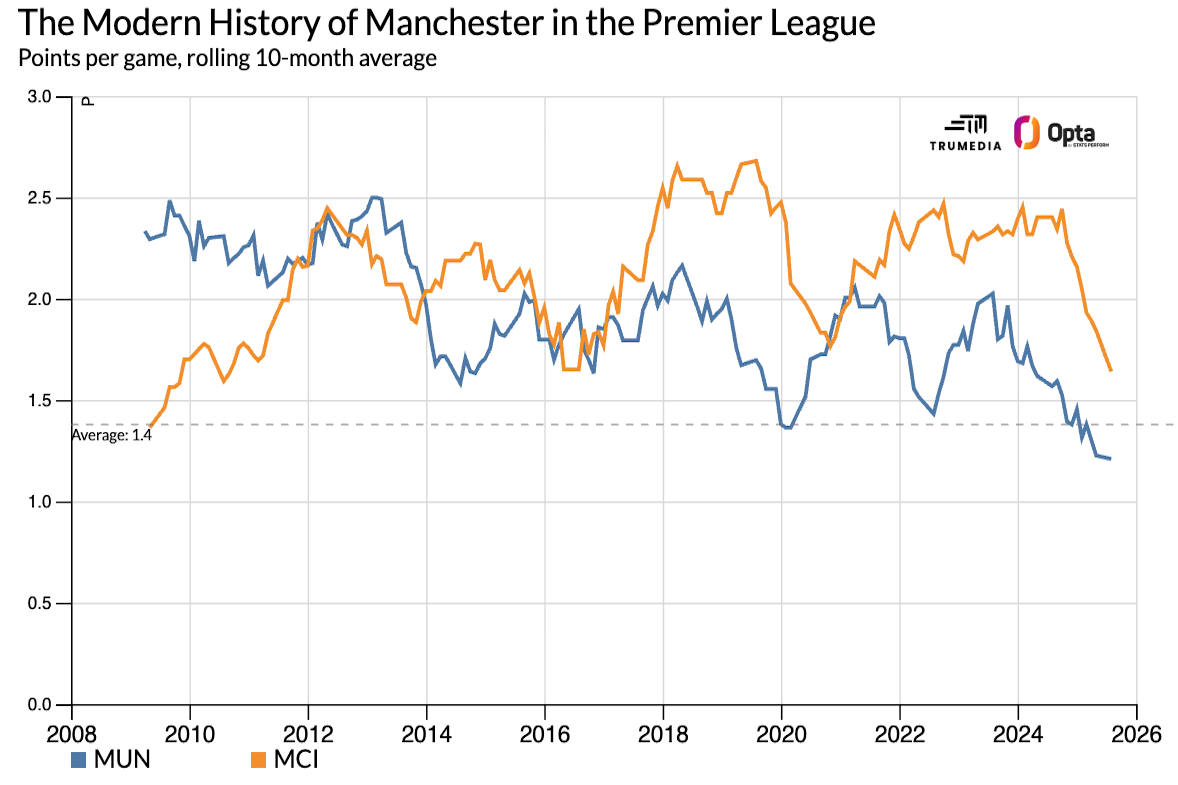
We’ll start with City. The Abu Dhabi takeover happens, and the line shoots straight up all the way through AGUEROOOOOOOO in 2012. Then things stall out under manager Roberto Mancini before bouncing back up under Manuel Pellegrini, and then falling back down until 2016, when Pep Guardiola arrives.
After that? An immediate improvement to levels reached only by one other team in the history of the league. There’s a fall-off during the seasons wrapped around the height of COVID but then a bounce back up to the three straight titles from 2022 through 2024.
Things remained OK for a month or two at the start of last season, and now the alarms in the room are going off. While the 10-month points average has been lower at times since 2008, it’s lower than it’s been at any point since Guardiola’s first season.
1:10
Onuoha: Man City can’t afford to lose the Manchester derby
Nedum Onuoha emphasizes the importance of winning the Manchester derby following a disappointing start to the season for Manchester City.
With United, well, the 10-month points average is lower than it’s been at any point since 2008 — and at any point since the Premier League began.
At the start of our data set, we’re at perhaps the peak of Sir Alex Ferguson’s tenure as manager. United won the Champions League in 2008 and then made it back to the finals in 2009 and 2011, where they lost, both times, to the current manager of Manchester City. United won the Premier League in each of those three seasons, too, but the 2011 title came with just 80 points — tied for the fewest points of any title-winner this century. That opened up room for City to steal the title in 2012 — only for United to sign a past-his-peak Robin van Persie, get one last world-class season from him, and win one more title in Sir Alex’s final season.
After that, it’s a good example of how progress isn’t linear. From 2013 to today, United’s per-game performance has gone from title-winning to below league-average: they’re winning a full point fewer per game, or about 40 points — 40! — over a full season.
But there have been ups and downs on the way down. You had the immediate drop-off under David Moyes, and then pretty much the same story with the next four managers, Louis van Gaal, Jose Mourinho, Ole Gunnar Solskjaer, and Erik ten Hag: brief, immediate improvement, but ultimate decline.
And that brings us to today, to Man United under Ruben Amorim. There’s been no improvement — it’s been downhill from Day One.
Why one Manchester club is closer to turning it around than the other
I’ve compared Manchester United to the Dallas Cowboys before and yes, now, I’m doing it again.
The Cowboys are the most popular sports franchise in the most popular sport in the United States. It’s actually impossible for them to be boring, because if they are boring, we treat it as if it’s some national crisis: Why are the Dallas Cowboys so boring? Meanwhile, the Indianapolis Colts can go about existing in the same level of mediocrity — not so good, not so bad — and nobody cares.
See what I’m getting at here? The same holds true for United, only in the spotlight of the most popular sport in the world.
Now, it’s a little different here because the massive levels of inequality in soccer make it so Man United’s mediocrity is a much bigger institutional failure than the Cowboys winning half of their games. If Manchester United are not competing for the Premier League and the Champions League in most years, then something has gone terribly wrong. And yes, that means things have been going terribly wrong for over a decade now.
But because of the popularity of both the Cowboys and Manchester United, it means that these teams almost have to exist at extremes, and that means the public sentiment or the conventional wisdom around these teams is almost always wrong. The Cowboys traded arguably their best player, Micah Parsons, on the eve of the 2025 NFL season, the sky was falling, disband the franchise … and then they nearly beat the defending Super Bowl champs, the Philadelphia Eagles, on the road in Week 1.
1:23
Is Ruben Amorin still the right man for Manchester United?
Janusz Michallik casts doubt over Ruben Amorim’s tenure at Manchester United thus far after their last minute win vs. newly promoted Burnley.
With Manchester United, we’ve tried to make them into title contenders under Jose Mourinho, Ole Gunnar Solskjaer, and Erik ten Hag after just a handful of positive results. I know because I literally wrote about it a little over two years ago in a piece titled, “No, Manchester United are not in the Premier League title race.” I got lots of angry comments about it — and then they lost, 7-0, to Liverpool just a few weeks later. They finished eighth the following season.
However, I think the opposite applies here, too. When Manchester United are bad, it’s often not as bad as it seems. Like, potentially, right now.
Now, I’m not suggesting that Manchester United are good or that Ruben Amorim is their savior. But the biggest issue for Man United so far this season hasn’t been anything more than the kind of variance we’d expect to even out over the rest of the season for any other club in the world.
Through three matches, they have attempted 58 shots — 14 more than anyone else in the league — and they’ve generated the most expected goals:
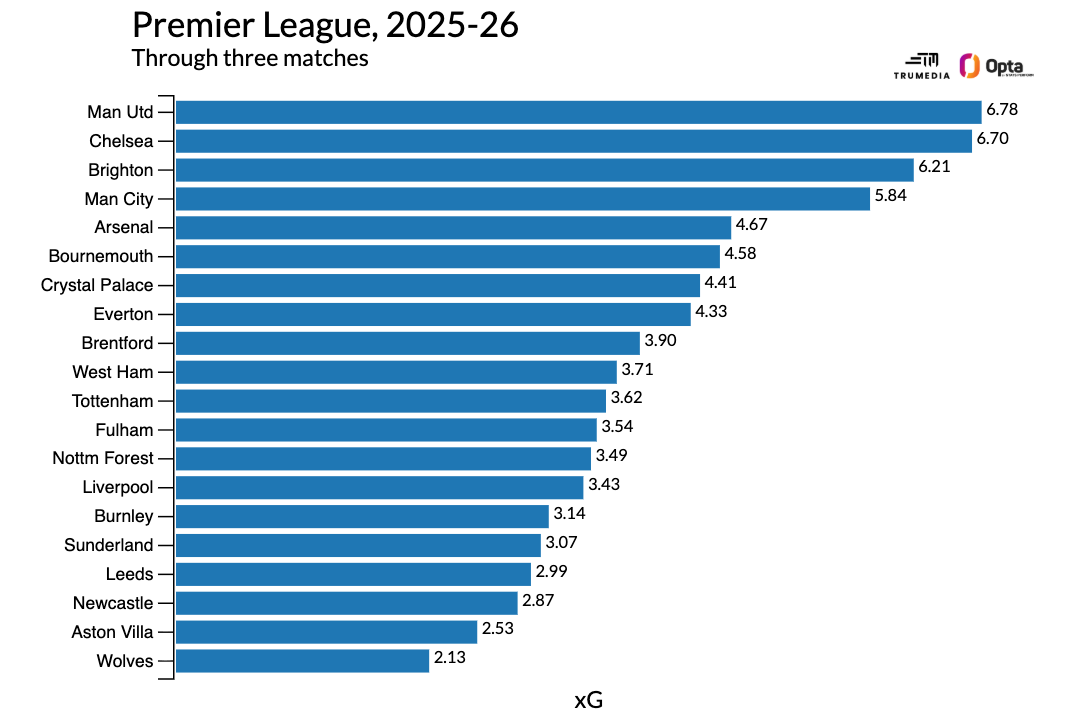
The only problem is they’ve turned all of that into just four actual goals, which puts them tied with the likes of West Ham and Burnley for the eighth-best mark in the league.
While it is kind of funny that Man United signed two players — Matheus Cunha and Bryan Mbeumo — who massively outperformed their xG last season only to immediately suffer through a finishing slump, this isn’t going to continue. I’m not going to defend the loss to Grimsby Town, but if United finish their chances in that one, then we probably never talk about it again, either.
Now, United aren’t close to challenging for titles — and their team-building approach isn’t going to help with that, either — but they finished in 15th-place last season. Even with the finishing slump, they’re already six spots better through the first three matches of this season. For a team that only scored 44 goals last season, the attack already looks much better.
At Manchester City, though, the same issues from last season persist.
City allowed 1.2 goals per game last season and 20 touches inside their own penalty area — both significantly higher marks than in any of the previous seven seasons. Every time they turned the ball over, it was a five-alarm fire. They spent a bunch of money this past summer, but none of it seemed concerned with their most glaring weakness: the aging legs and limited range in the middle of the field.
New arrivals Rayan Cherki and Tijjani Reijnders are plus players in possession, but negatives without the ball. Rayan Aït-Nouri isn’t a bad defender, but it’s not like left-back defending was their issue last year.
Sure enough, through three matches, City have allowed 1.3 goals per game on 1.3 expected goals allowed per game. And they’ve conceded 22 touches inside their own penalty area. What makes that even more concerning is that their schedule hasn’t been particularly difficult — their opponents finished 8th, 16th, and 17th last season. It seems like they figured that Rodri would solve all of their issues, and Rodri himself is already suggesting that was a bad idea.
While manager Pep Guardiola has solved plenty of tactical problems before, we’re coming up on a year from when Rodri went down last season. That means a year without Guardiola figuring out how to fix this tactical problem.
City could still bounce back and reemerge as title contenders, but betting markets and projection systems now have their title odds in a distant third — much closer to Chelsea in fourth than Liverpool and Arsenal up at the top. Just a few weeks ago, it was supposed to be a three-team race.
As for United? The over-under totals from Sporting Index projected them at 59 points to start the season. Now, that number is up to 60. All of that yelling and screaming, and almost nothing has changed.

